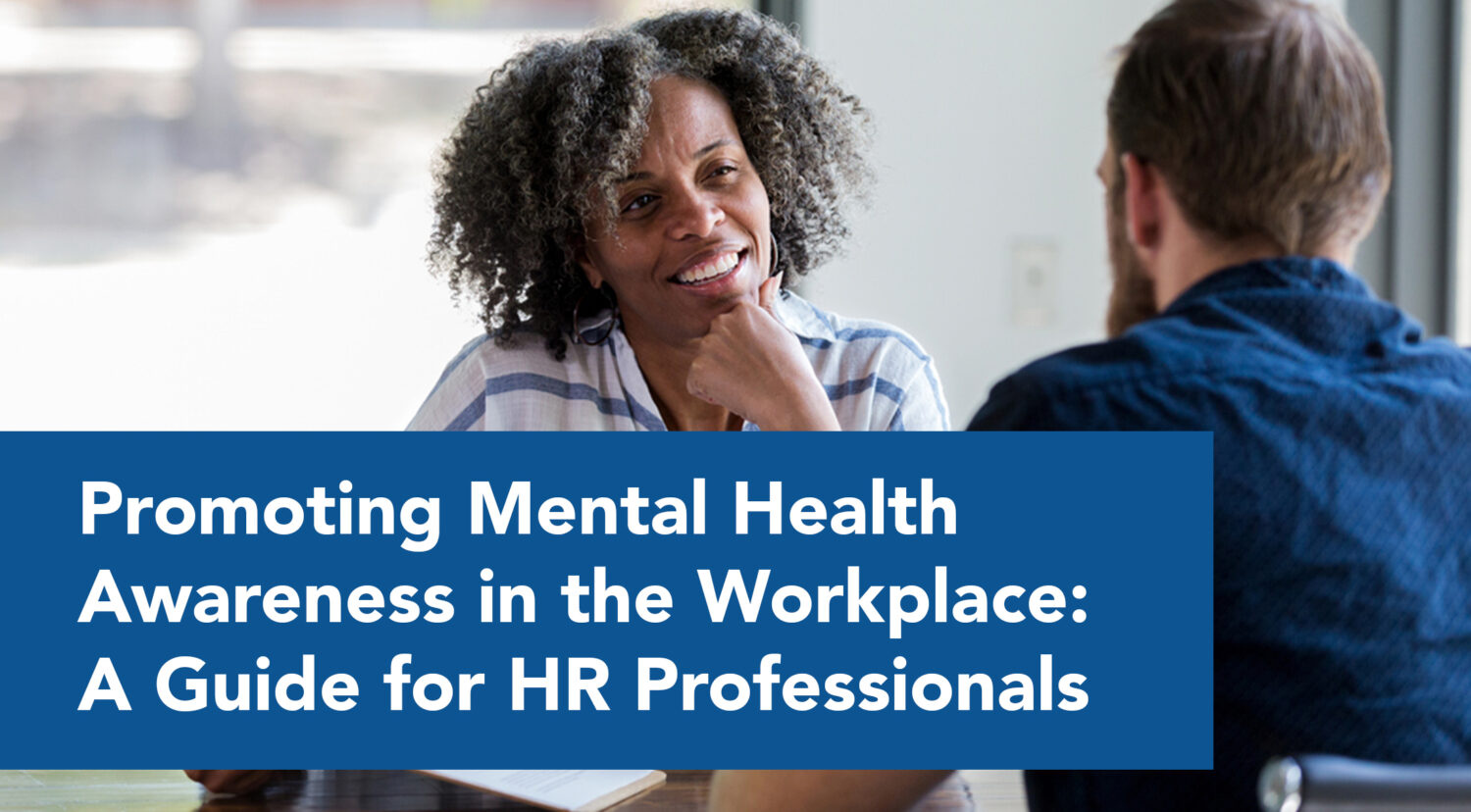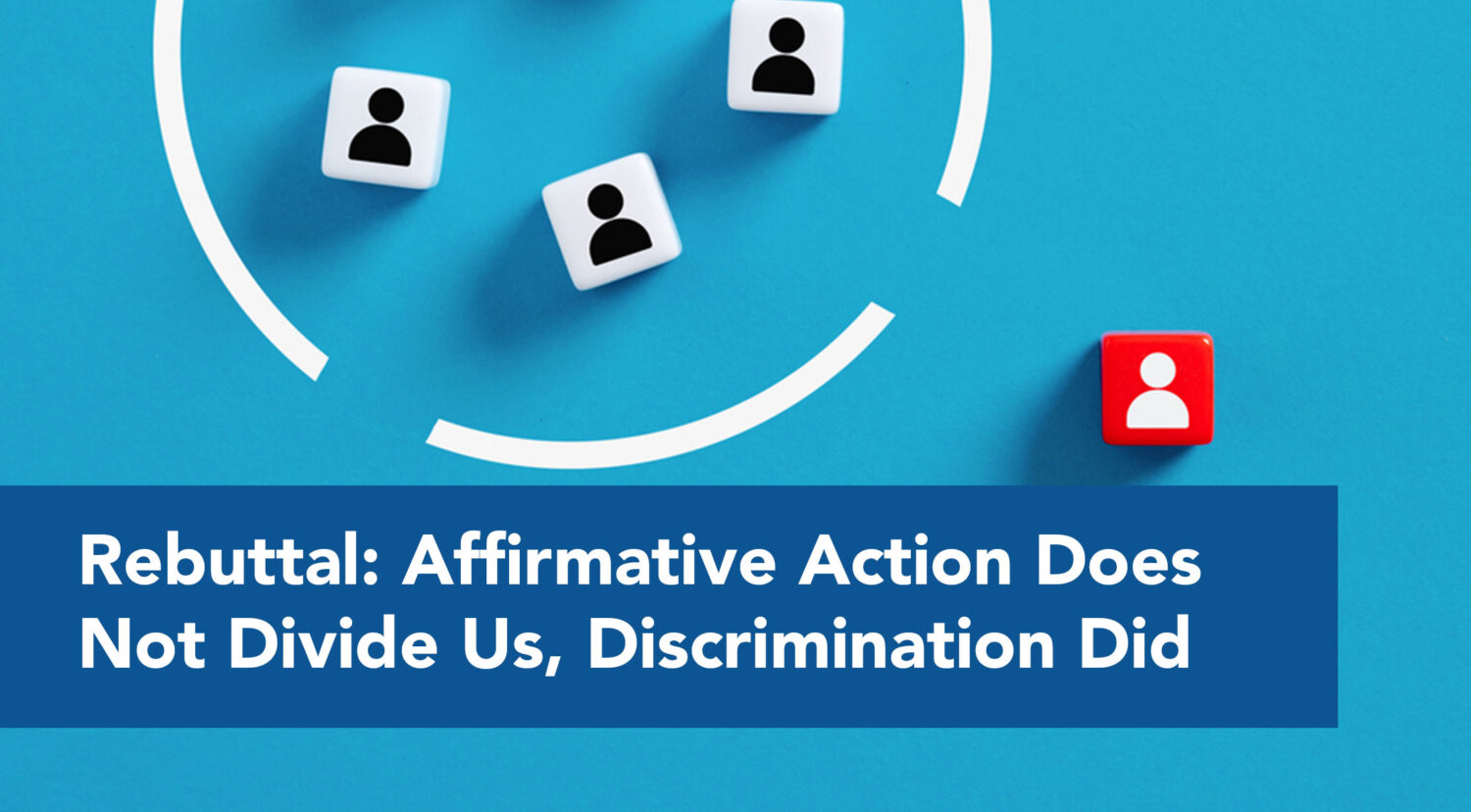

Dear HR Professionals,
As we continue to observe Mental Health Awareness Month this May, it’s crucial to reflect on the importance of mental health inclusion in the workplace. Creating an environment that supports mental health not only benefits employees but also enhances overall productivity and work satisfaction. Let’s explore strategies for mental health accommodation, providing employee mental health support, and addressing mental health discrimination at work.
Understanding Mental Health Awareness Month: Embracing Mental Health Inclusion
Lets look at some numbers.
According to the National Institute of Mental Health (NIMH), there were 57.8 million Americans with mental health issues as of 2021. That’s one in every five people! Statistically, your workforce—assuming there are five or more people working there—has at least one and likely many people with a mental health condition. Only 26.5 million of them, less than half, had accessed mental health services in the year prior. This was probably due to either lack of access, not understanding their own condition, or stigma.
That stigma creates fear among those with the mental health conditions about their workplaces. In the Society for Human Resources Management (SHRM) article, Strategies to Manage Mental Illness at Work (March 27, 2020), they state:
“A majority of employees—68 percent—worry that reaching out about a mental health issue could negatively impact their job security, according to a 2019 study by Businessolver, a West Des Moines, Iowa-based health benefits administrator. Although 50 percent of employees overall (and 60 percent of Millennial employees) reported having had a mental health lapse, only one-third of those employees reached out to their employer.”
Mental Health Awareness Month offers an opportunity to break the stigma surrounding mental health issues and to foster a workplace culture that promotes mental well-being. By embracing mental health inclusion, HR professionals can ensure that all employees feel supported and valued, regardless of their mental health status.
Examples of Mental Health Discrimination at Work: Recognizing and Preventing Bias
Mental health discrimination can manifest in various forms, from subtle biases to overt actions. Here are some examples of mental health discrimination at work:
- Stigmatizing Comments: Making derogatory remarks about an employee’s mental health condition, creating a hostile work environment.
- Unfair Treatment: Treating employees differently because of their mental health status, such as denying promotions or opportunities, constitutes discrimination.
- Lack of Accommodation: Failing to provide reasonable accommodations for employees with mental health conditions is a form of discrimination.
To prevent mental health discrimination, HR professionals should:
- Promote Awareness: Educate all employees about mental health issues and the importance of inclusivity.
- Establish Clear Policies: Develop and enforce policies that protect employees from mental health discrimination and ensure fair treatment.
- Encourage Open Dialogue: Foster an environment where employees feel comfortable discussing mental health concerns without fear of stigma or retribution.
Implementing Mental Health Accommodations: Practical Steps
Granted, the majority of those with mental illnesses are high-functioning, needing no or only moderate accommodations to accomplish their work. It is good to remember that they might still benefit from some level of accommodation to achieve even greater productivity and satisfaction.
On the other hand, there is a small subset with severe issues, noted as “SMI” for severe mental illness. This designation doesn’t mean they are less talented than their colleagues in the realms of their working expertise, but they do have problems functioning in various aspects of their lives. Obviously, these people need more support. 14.1 million Americans have SMI, according to NIMH, that accounting for 5.5% of US adults. That’s one in every twenty people. If you employ more than twenty people, there’s a decent likelihood that one or more has SIM. (NIMH’s data on this came from the Substance Abuse and Mental Health Services Administration (SAMHSA).
Providing reasonable accommodations for employees with mental health conditions is a key aspect of fostering an inclusive workplace. Under the Americans with Disabilities Act (ADA), employers are required to make adjustments or modifications to job duties or work environments to support employees with disabilities, including mental health conditions. Here are some practical steps to consider:
- Flexible Work Schedules: Allowing employees to modify their work hours can help those with mental health conditions manage their symptoms more effectively.
- Remote Work Options: Providing the option to work from home can reduce stress and improve work-life balance for employees facing mental health challenges.
- Quiet Spaces: Designating quiet areas in the workplace where employees can take breaks and decompress can be beneficial.
- Job Restructuring: Modifying job responsibilities to better align with an employee’s strengths and limitations can improve performance and job satisfaction. This, obviously, benefits the organization, too.
- Other Accommodations: Allowing support devices and seating. Many, such as those with ADHD, may need an extra level of non-distracting stimulation, such as listening to certain music (with headphones!) or the use of (quiet!) fidget toys. Some people on the Autism Spectrum may get overstimulated by surrounding commotion and would benefit from noise-cancelling headphones. Those with chronic depression or anxiety may benefit from either a more open view from their workspace…or a more enclosed view, depending on what helps them feel more comfortable.
Providing Employee Mental Health Support: Resources and Programs
Offering comprehensive mental health support is essential for fostering a high-functioning workplace. Here are some ways HR professionals can enhance employee mental health support:
- Employee Assistance Programs (EAPs): Implementing EAPs can provide employees with access to counseling, mental health resources, and support services.
- Mental Health Training: Educating managers and employees about mental health can promote understanding and reduce stigma. Training should include recognizing signs of mental health issues and knowing how to offer support.
- Wellness Programs: Promoting wellness programs that include mental health components, such as mindfulness sessions, stress management workshops, and fitness activities, can enhance overall well-being.
Addressing Disability and Mental Health: Legal and Ethical Considerations
Understanding the intersection of disability and mental health is crucial for HR professionals. Mental health conditions are recognized as disabilities under the ADA, and employees with such conditions are entitled to reasonable accommodations and protection from discrimination. HR professionals must ensure compliance with these legal requirements while also promoting an inclusive and supportive workplace culture.
Building a Supportive Workplace Culture
To observe Mental Health Awareness Month, let us commit to creating a workplace culture that prioritizes mental health inclusion and support. By implementing mental health accommodations, providing comprehensive employee support, and addressing discrimination, we HR professionals can ensure a healthier, more inclusive workplace where all employees can thrive.
Sources: National Institute of Mental Health. “Mental Illness.” National Institute of Mental Health, 2023. March 1.
Substance Abuse and Mental Health Services Administration. (2022). Key substance use and mental health indicators in the United States: Results from the 2021 National Survey on Drug Use and Health (HHS Publication No. PEP22-07-01-005, NSDUH Series H-57). Rockville, MD: Center for Behavioral Health Statistics and Quality, Substance Abuse and Mental Health Services Administration.
Agovino, Theresa. “Strategies to Manage Mental Illness at Work.” The Society for Human Resources Management (SHRM), 2020. March 27.
HR Unlimited, Inc. specializes in helping federal contractors and employers effectively meet their AAP and EEO compliance obligations. Please contact us to discuss any of your questions, concerns, or needs in this area.





